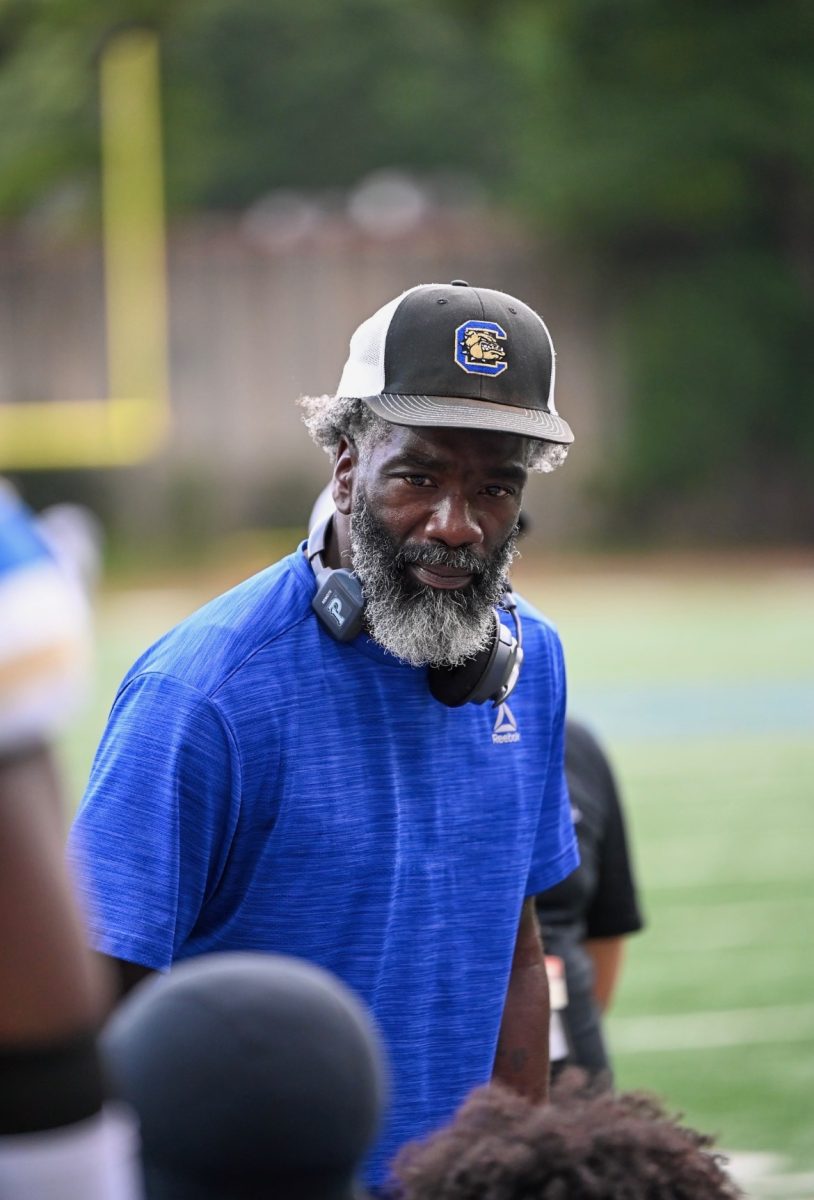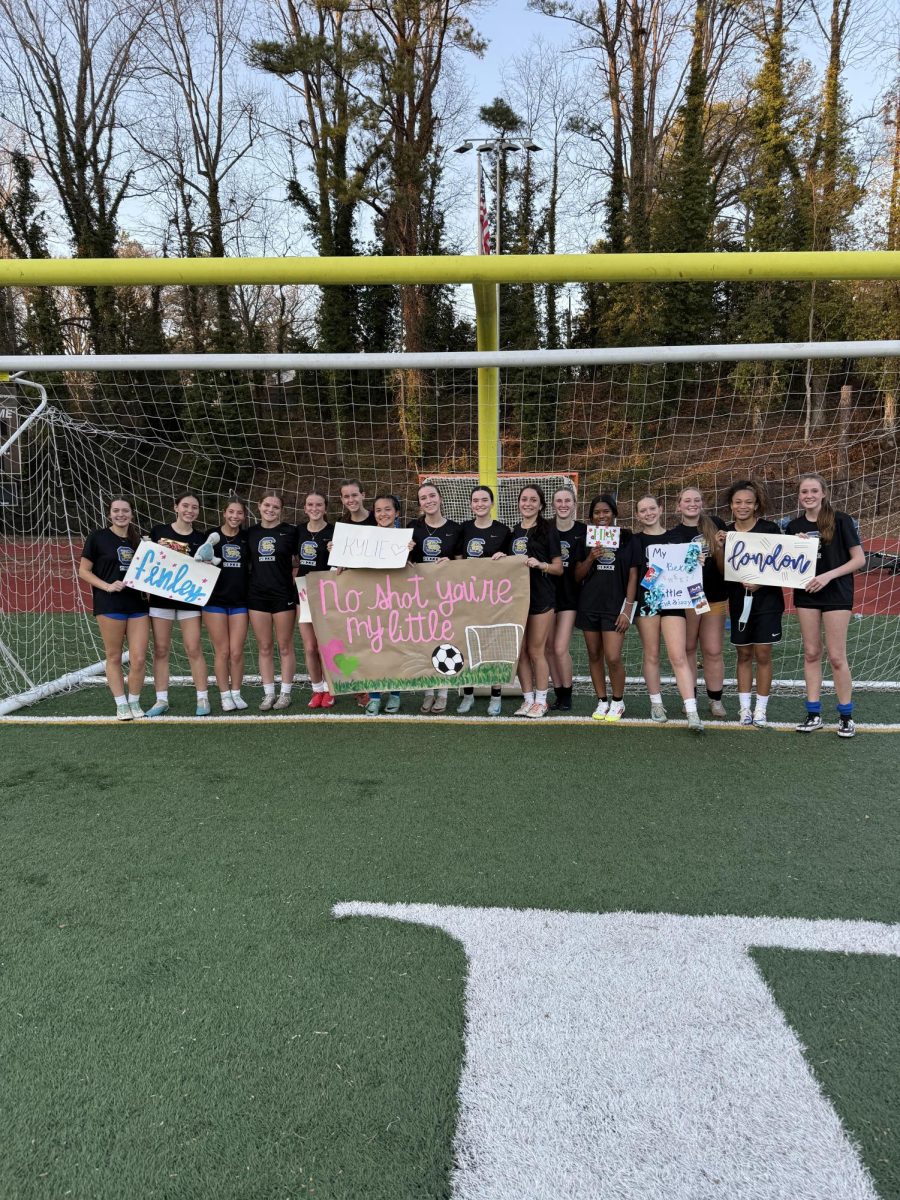Henry Ford once said, “Most people spend more time and energy going around problems than in trying to solve them.”
Let that sink in. Let those words embed themselves in your brain. Don’t get distracted. They’ll be gone from your mind before you know it.
Our modern American society has become one built upon the foundations of avoidance and passivity, the same behaviors that surface when one is presented with such a thought-provoking and powerful quote. Recent events have exposed us to this fatal flaw that most of us now possess. We just don’t care about what matters anymore.
Colin Kaepernick serves as the perfect example for this pursuit of evasion that America seems to be more and more interested in nowadays.
The former starting quarterback of a team now on the decline has recently made waves for his actions off the field (although it’s not likely he would’ve have made them anywhere else considering his fall from football grace). After sitting down during the singing of “Star-Spangled Banner” at a preseason game in mid-August, Kaepernick caused a firestorm of debate and controversy overnight.
His outrage is over the treatment of black people and people of color in America today, and his concerns are valid: today’s society has proven over and over that we are not yet at the point of equality in our country, as the justice system clearly discriminates against minorities, the housing market, even in DeKalb County, puts blacks and latinos at a disadvantage, and incidents questionable policing has led to the creation of many grassroots organizations concerned with protesting the treatment of minorities in the U.S.
However, this entire issue has become centered around the one person that it shouldn’t be: Colin Kaepernick. People are more concerned about attacking his character, buying his jersey, or tweeting his afro rather than considering his complaints.
And this comes back to the dilemma we as a country face today: we lose sight of the real issues too quickly, becoming all too caught up in criticizing and degrading others’ opinions.
Racism is an enormous problem. Relations between police and citizens in towns and cities across our country must be improved. We must end the disenfranchisement of minority voters once and for all. It is time to make the land of the free and the home of the brave exactly that. But it won’t happen anytime soon. We move on too quickly from the conversations that can lead to change and progress.
Race has become the dominant topic in our society: from police brutality and subsequent retaliation, to hate crimes at peaceful religious gatherings, to influential organizations at the forefront of the movement for equality, we are provided the opportunity to consider varying viewpoints, determine the most pressing issues we face, and root out the evil of discrimination with plausible, common-sense solutions. It is our responsibility, but many have not yet come to realize this.
From the top down, American passivity is evident: politicians cannot break the gridlock that is preventing a resolution to this issue. Unequal opportunities in the workplace, housing market, and justice system persist. But, most importantly, young America is all too apathetic. Our demographic has failed to understand the vitality our experiences and age will have in combating this issue and others we face now and in the future.
Many in recent generations are guilty of this, and we as a whole are doing a disservice to those still struggling for freedom and equality. Young Americans must realize quickly that it is their responsibility to shape the future of our nation, whether they think it or not. Years from now, our involvement in social movements and activism will reflect the condition of our society.
We can appreciate the bravery and freedom Kaepernick is expressing. We can praise him through social media posts and merchandise purchases. We can compliment his audacity and his hairdo. However, we must not lose sight of what his actions represent: a fight far bigger than a professional sports player, one that may create the most egalitarian society in history. But if we avoid this problem and others, spending more time and energy going around them as opposed to solving them, we will never achieve progress.











